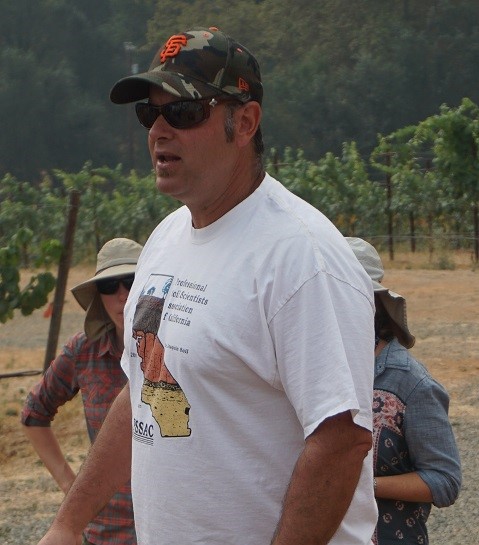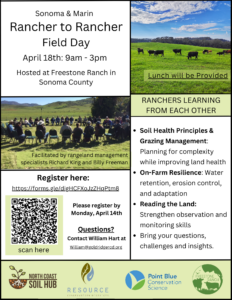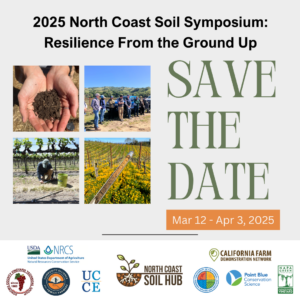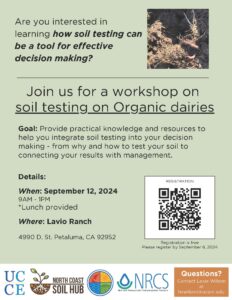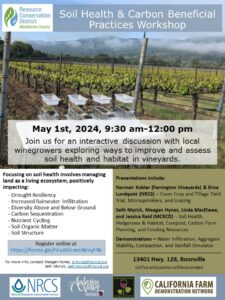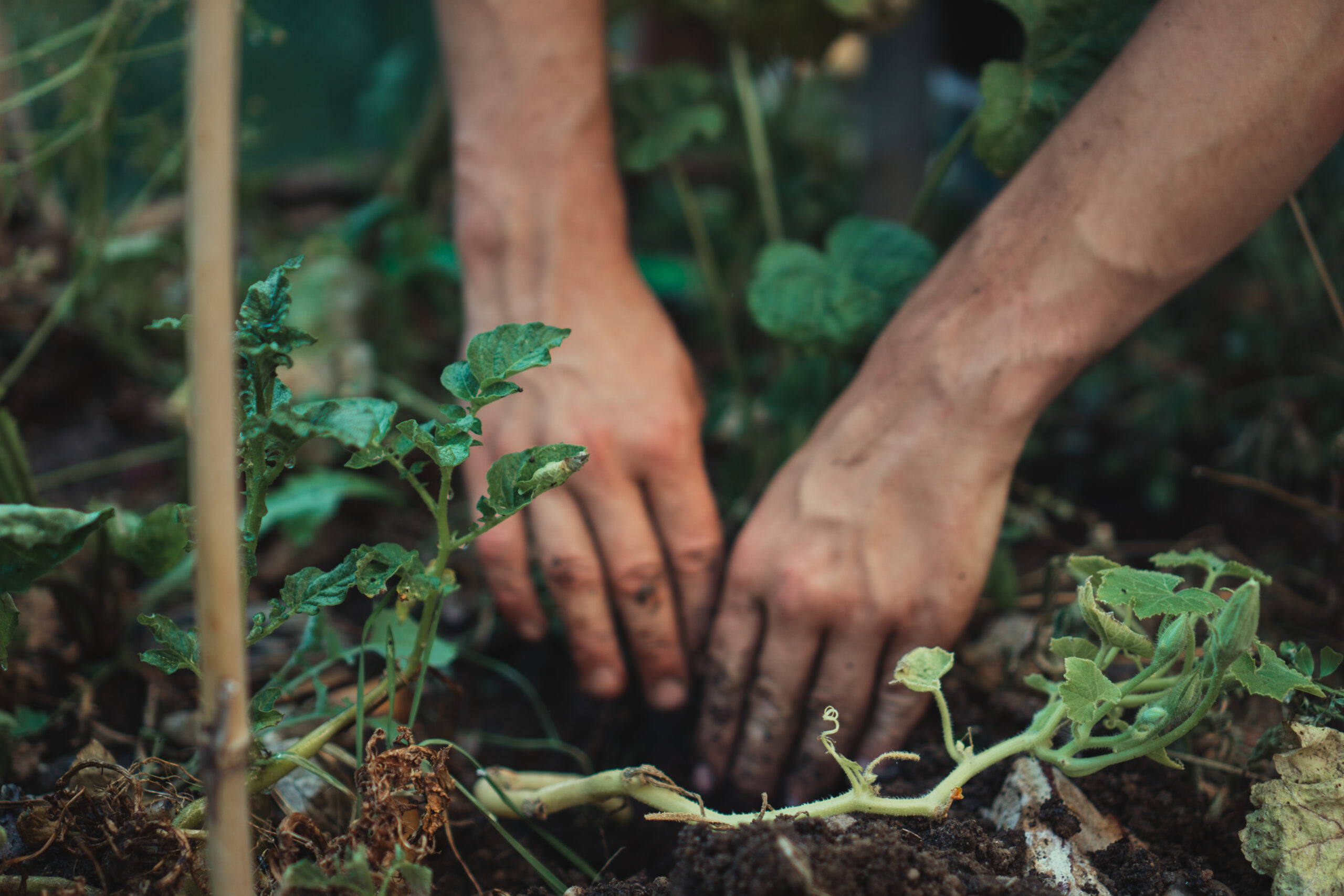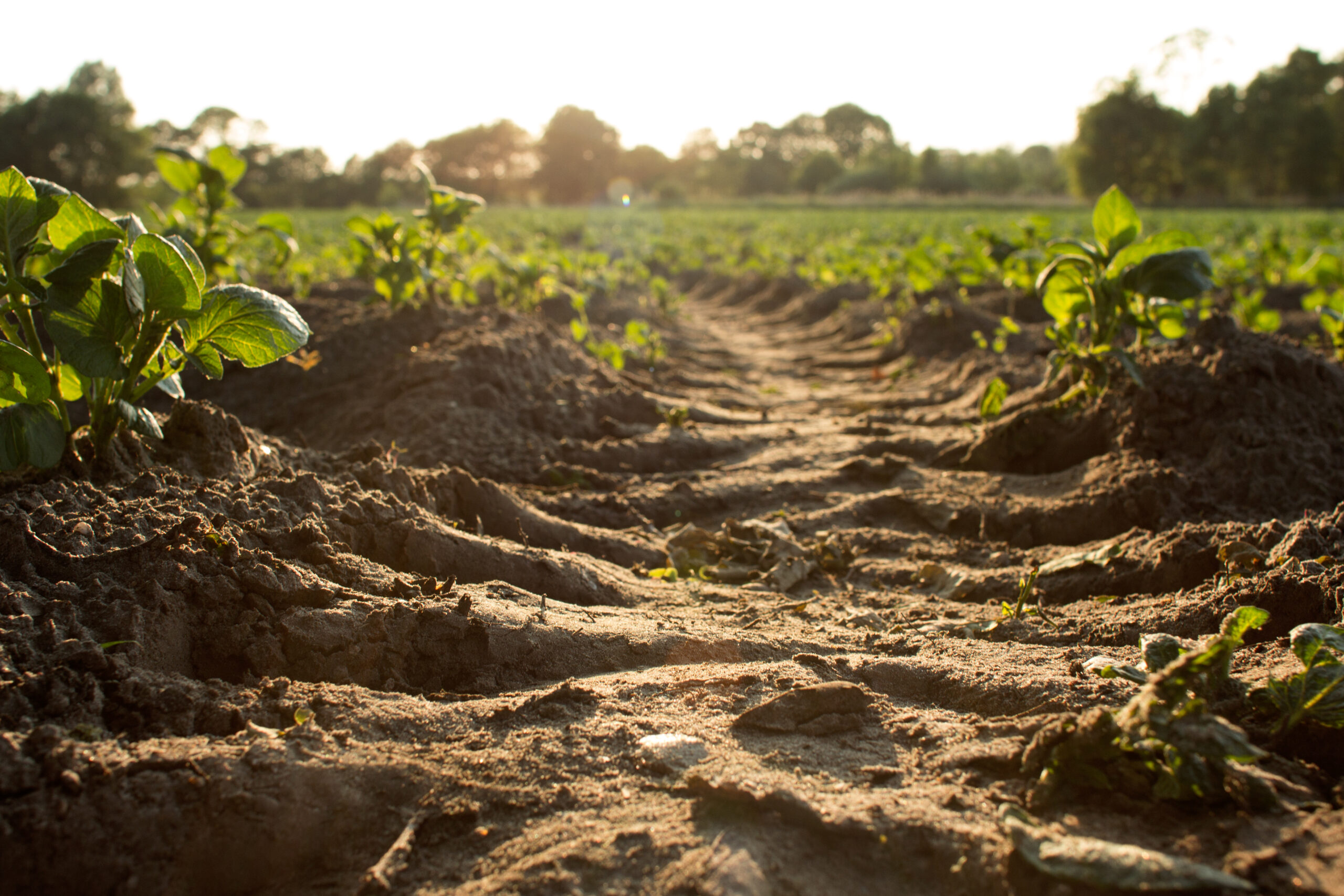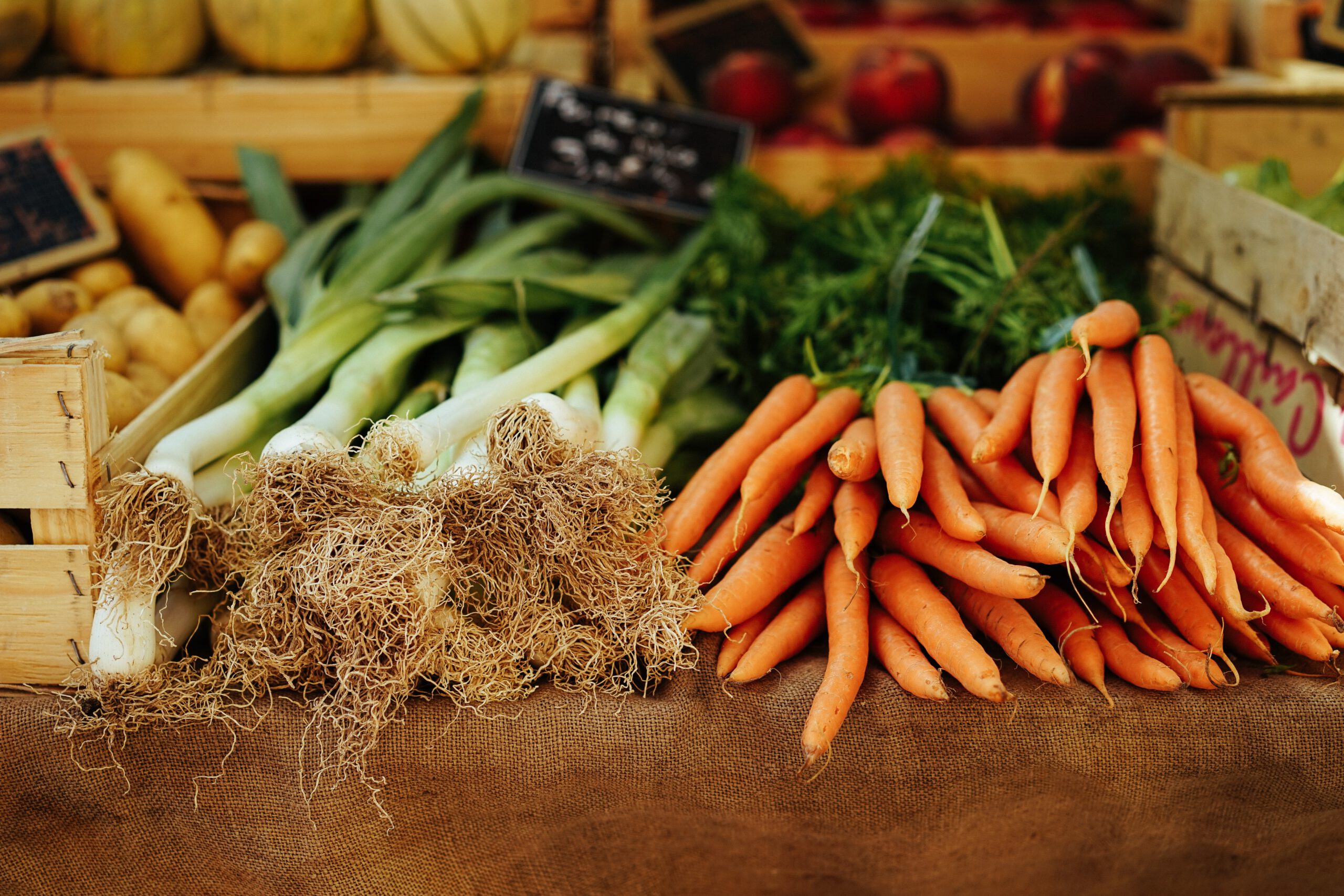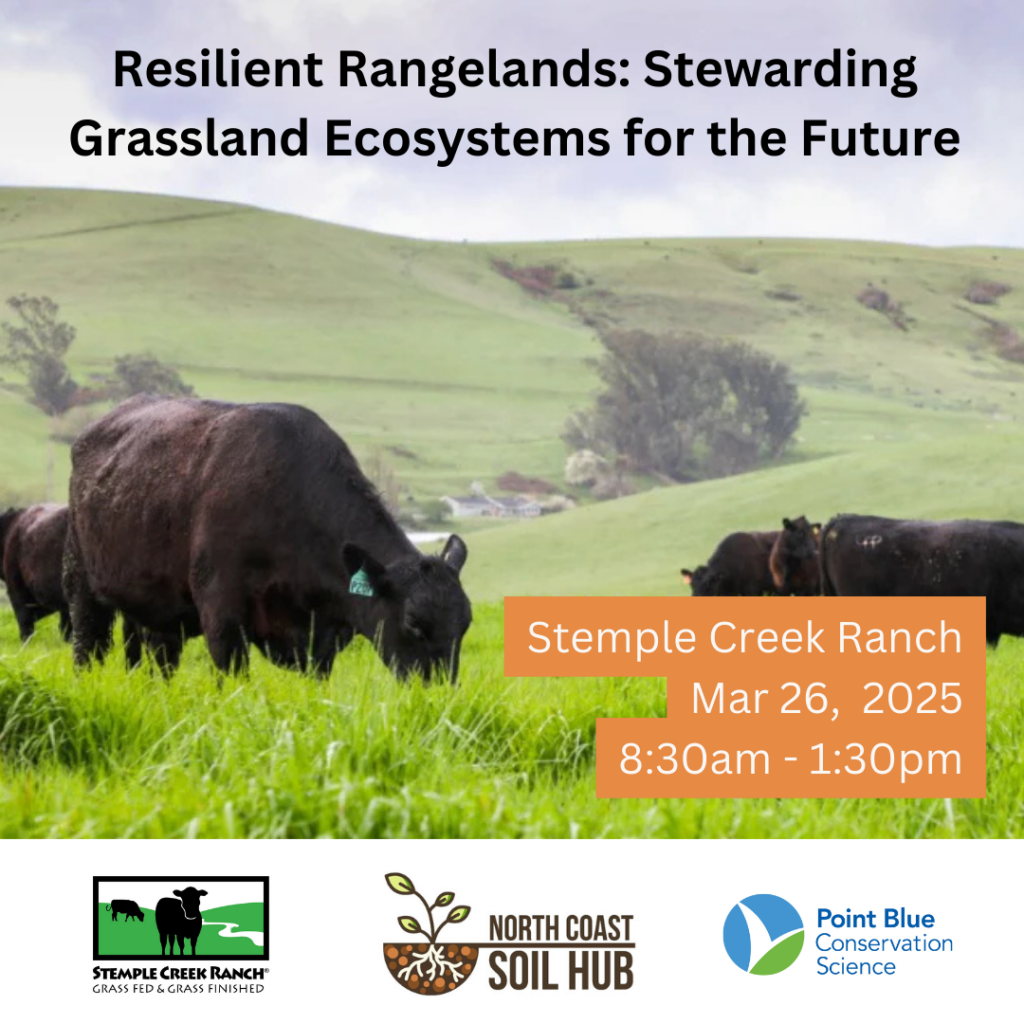
Date: Wednesday, March 26
Time: 8:30 a.m. – 1:30 p.m.
Location: Stemple Creek Ranch, Tomales
Cost: $30 (Includes coffee, pastries, and lunch)
Join the North Coast Soil Hub, Stemple Creek Ranch, and Point Blue Conservation Science for a day on the land exploring on-farm resilience, grazing management strategies for resource conservation, and evaluation and monitoring tools. With extreme weather events increasing in the region, hear from local ranchers how they are building resilience to drought, floods, wildfire, and seasonal shifts. In addition to learning valuable tools for evaluating changes and monitoring indicators of ecosystem health over time, participants will have the opportunity to gather together, share experiences, and strengthen our regional network.
Agenda
| 8:30 AM | Arrival and Sign In | |
| 9:00 AM | Introduction to Workshop and North Coast Soil Hub | Emilie Winfield, North Coast RCDs |
| 9:15 AM | Stemple Creek Ranch Introduction | Loren Poncia, Stemple Creek Ranch |
| 9:25 AM | Rancher Panel: Building On-Farm Resilience | Moderator: Sarah Keiser Loren Poncia, Stemple Creek Ranch Sarah Silva, Green Star Farm Robert Irwin, Kaos Sheep Outfit |
| 10:35 AM | Break | |
| 10:45 AM | Research Presentations | “Targeted Grazing for Prairie Restoration at Pinnacles National Park” Devii Rao, UC Cooperative Extension “Setting Reasonable Expectations: Variability in Response to Climate-Beneficial Agriculture Practices in Rangelands” Toby O’Geen, UC Davis |
| 11:25 AM | Practical and Meaningful Rangeland Monitoring | Erika Foster, Point Blue Conservation Science Greg Richardson, Point Blue Conservation Science Loren Poncia, Stemple Creek Ranch |
| 12:30 PM | Resources: Technical and Financial Assistance | North Coast RCDs |
| 12:45 PM | Lunch and Networking |
Speakers
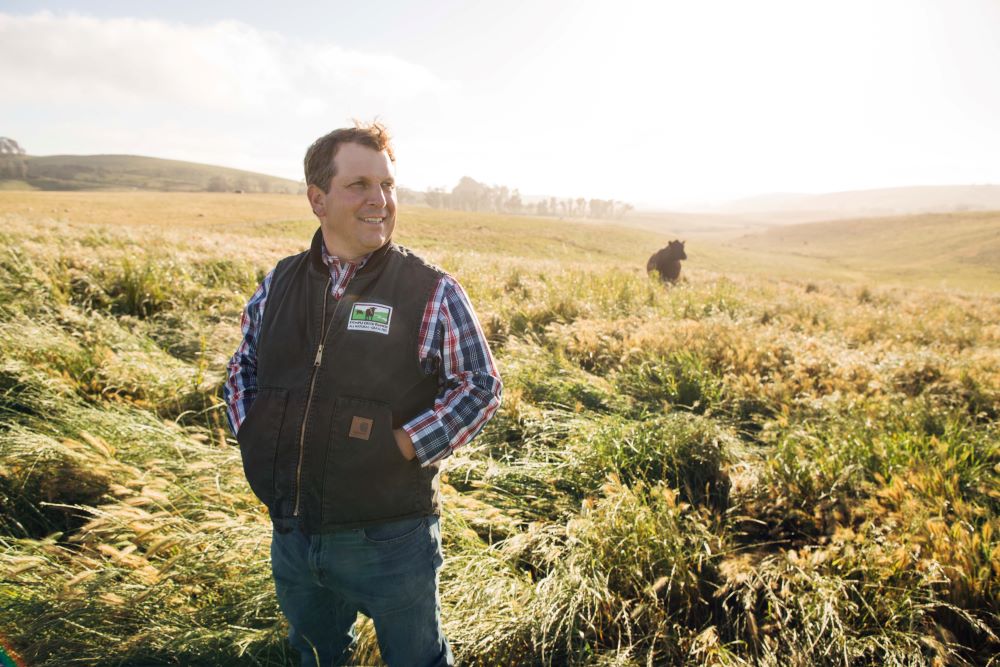
Loren Poncia is the Chief Cow Whisperer and Rancher at Stemple Creek Ranch. Born and raised in Tomales, Loren follows in the footsteps of his parents, Al and Cathie Poncia, as the 4th generation of his family to steward their land. A graduate of Cal Poly, San Luis Obispo, with a major in Dairy Science and Ag Business, Loren always dreamed of coming back to the ranch to pursue his passion in agriculture. He oversees the entire ranching operation, and spends countless hours carefully studying genetics with the goal of raising grass-fed and finished beef that is tender, well-marbled, and tastes just as good as, if not better than, grain finished meat.
Run by the dynamic family team of Robert Irwin, Jaime, Claire, and Augustus Irwin, Kaos Sheep Outfit is a target grazing company serving Mendocino, Lake, and Colusa Counties in Northern California. By using Australian Corriedale sheep in such surprising places as vineyards, pear and nut orchards, and even on golf courses and for homeowners’ associations, the Irwins are able to run a sustainable business that focuses on the mutually beneficial relationship between plants and animals. They replace fossil-fuel driven mowers with the digestive tract of a sheep, thereby reducing pollution while at the same time fertilizing the land, increasing carbon sequestration, and producing meat and wool for the benefit and betterment of our lives.
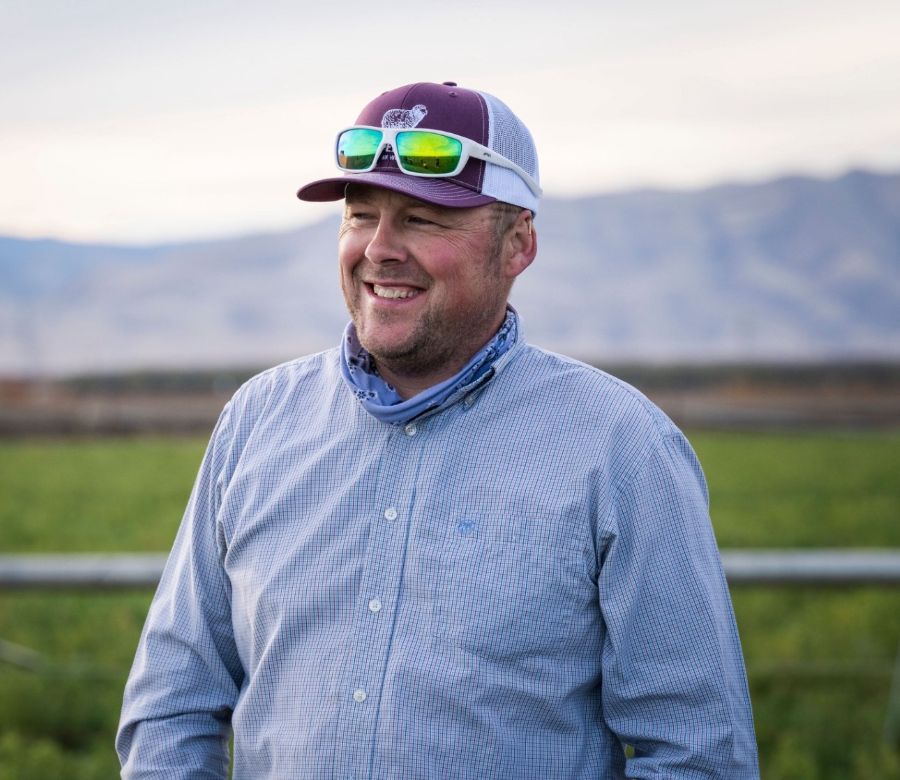
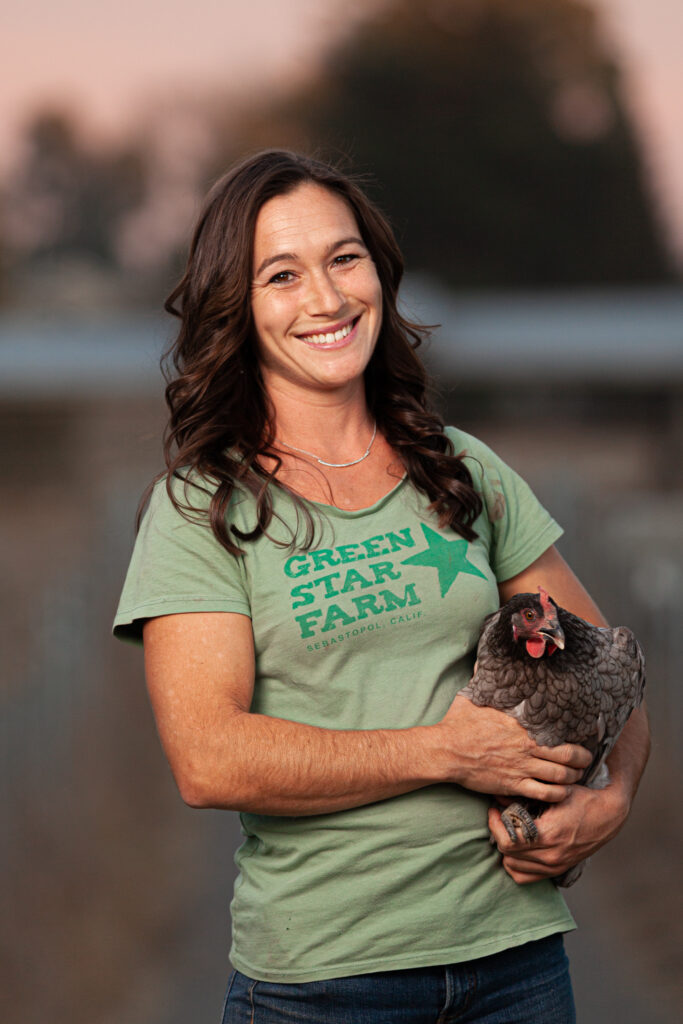
Farmer, Sarah Silva, has been on the cutting edge of diverse agriculture since 2008. Leveraging her science education and initial employment with Sonoma State University, Sarah began a life focused on science-based agriculture. After just a few years running a successful pet-sitting and dog training business, Sarah began full-time ranching in 2011.
Sarah was recently awarded CAFF’s 2023 Climate Smart Farmer of the Year.
Because going back to some old ways to solve new problems is not mainstream agriculture, Sarah constantly faces unique challenges that are both educational and entertaining.
Sarah Keiser is an innovative community builder. Through her vision and leadership, she develops and implements community grazing cooperatives and collaborative land stewardship projects for more resilient communities.
Under the banner Wild Oat Hollow, LLC, Sarah’s community-based, sustainable land stewarding concepts empower private landowners and public entities with the skills and support to use grazing ruminants, planned burns and community education to steward their land and commons to a healthy fire ecosystem.
As we continue to see large, annual wildfires in California and throughout the west, Sarah has expanded her collaboration to policy makers, fire marshals, Cafire, RCDs, NRCS, UCCE and Indigenous Fire Ecologists to build out regional land stewardship projects.
Sarah also works for Conservation Works as the Senior Grant Specialist, providing Grant administration and program management for North Bay Forest Improvement Program and other fire resiliency grants, to support the conservation and land stewardship goals of Northern California.
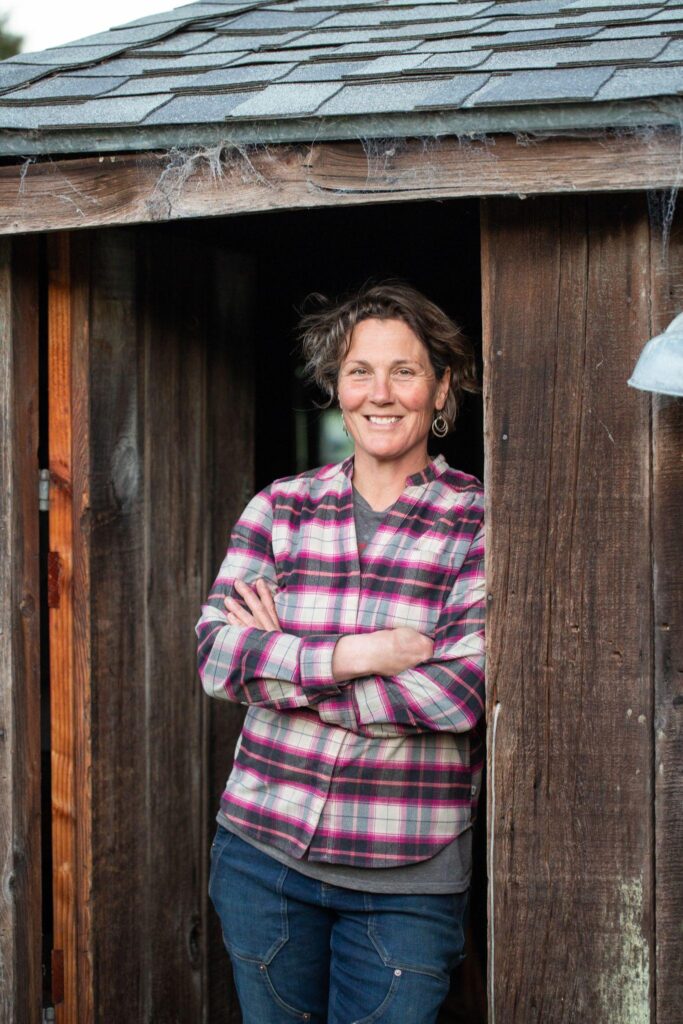
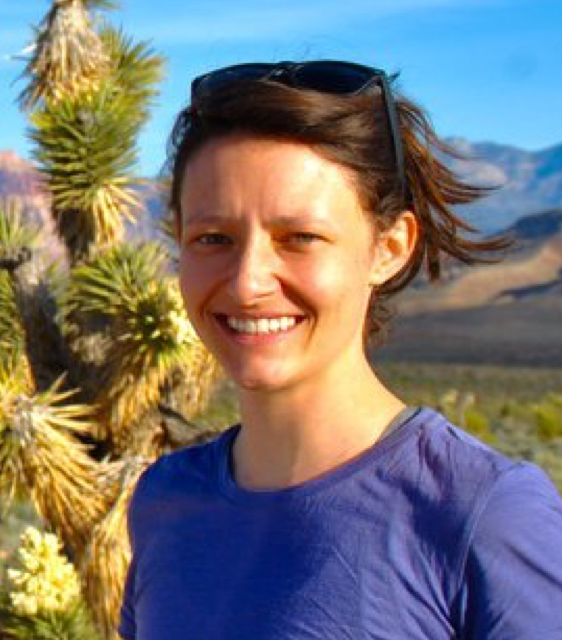
As Director of Soil Research and Conservation, Erika Foster facilitates Point Blue’s soils projects and program development, including collaborating across multiple groups at Point Blue and with critical external partnerships. The team uses cutting edge science and direct collaboration with land stewards to develop monitoring strategies on farms and ranches in California and across the US. Erika earned her PhD in Ecology, in Soil and Crop Sciences at Colorado State University, Fort Collins. Her research background includes investigation of how agricultural management influences soil health, using dynamic properties of life belowground and soil carbon fractions as indicators of changing soil function. Her current work includes implementing the new collaboratively developed Agricultural Carbon Monitoring Program, a flexible accessible framework for technical assistance providers to assess the impacts of conservation management practices on carbon above and belowground. Erika is thrilled to lead a unique team with in-depth experience in soil science and applied conservation management. The team strives to build healthy soils through science-based conservation practices, diverse management approaches and inclusive monitoring options.
Greg Richardson is a Soil Carbon and Regenerative Systems Specialist at Point Blue Conservation Science. In this role he has facilitated the development of Crop-C, a guide for monitoring changes in carbon on croplands, and led updates to Range-C. He previously completed a master’s degree in Soil Science and Agroecology from the U. of Wisconsin-Madison (’18) and subsequently worked for five years at Paicines Ranch as their Director of Research and Monitoring.
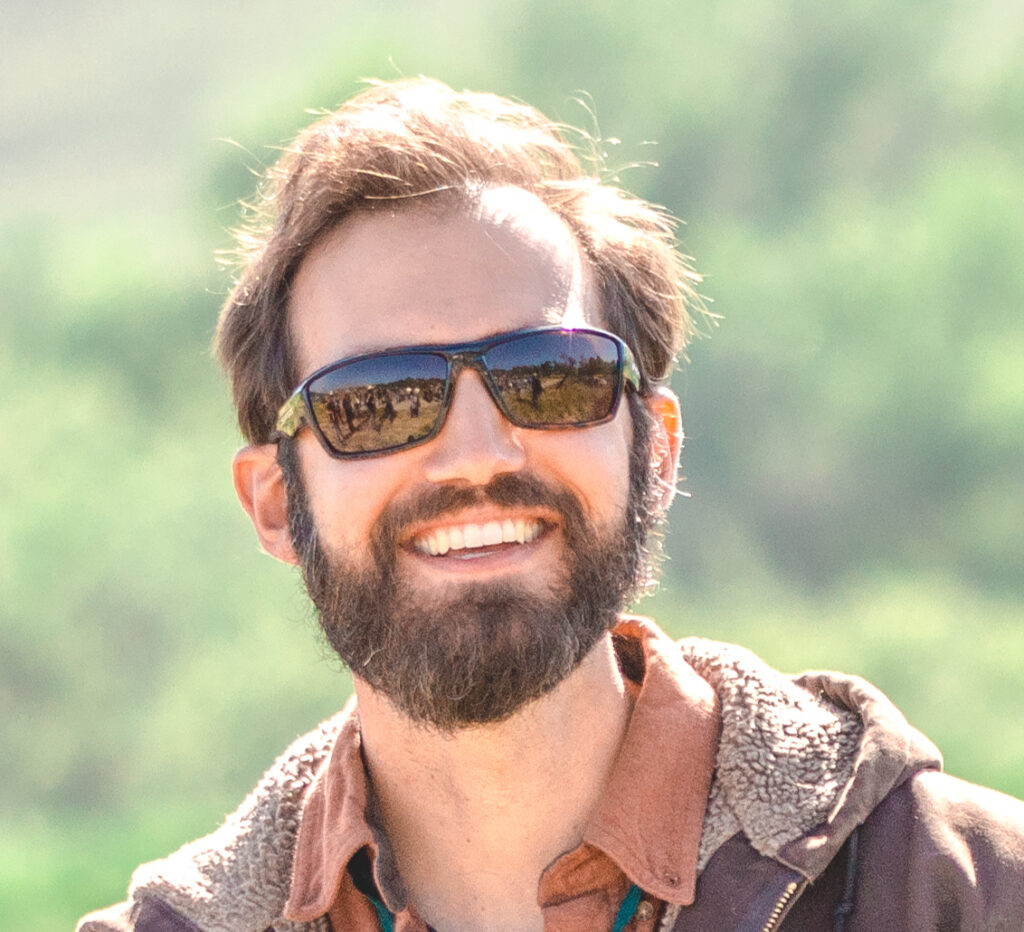
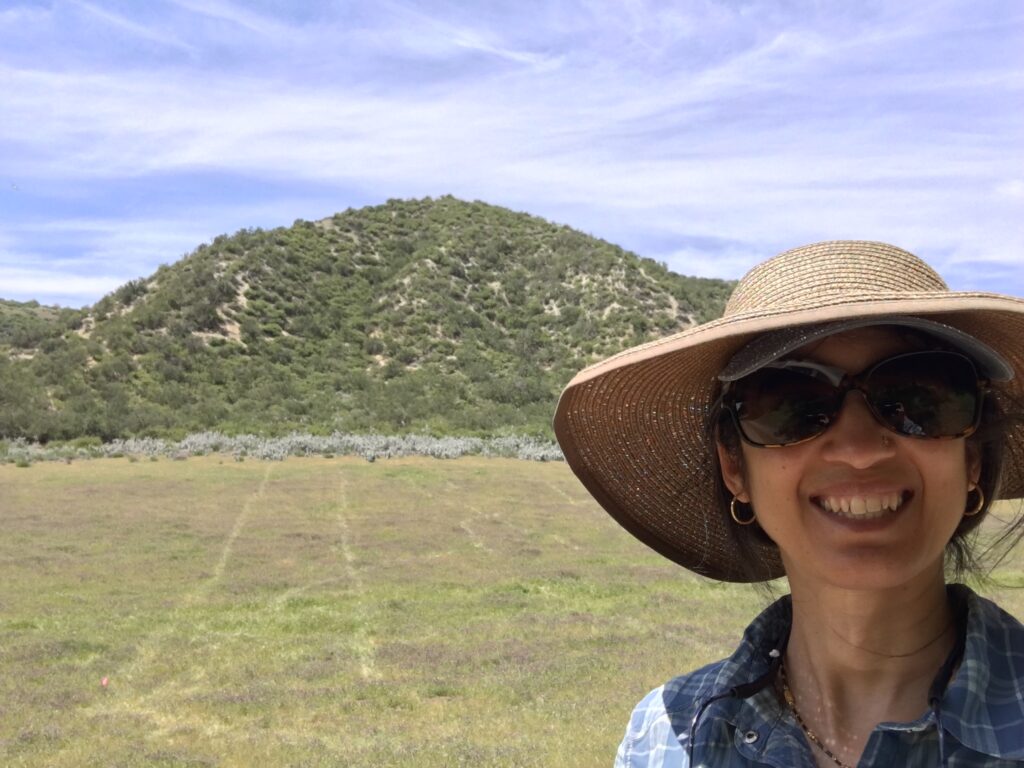
Devii Rao is the new Livestock and Natural Resources Advisor serving Sonoma and Marin counties. Prior to coming to the North Bay, she was the Livestock & Natural Resources Advisor in San Benito, Monterey, and Santa Cruz counties where her program focused on targeted grazing, prescribed burning, and climate change mitigation on working rangelands. She is just beginning to meet people in Sonoma and Marin counties and will conduct a needs assessment to inform the development of her new research and education program.
Toby O’Geen is a Professor and Soil Resource Specialist in Cooperative Extension and the Russell L. Rustici Endowed Chair in Rangeland Watershed Science in the Department of Land, Air and Water Resources at UC Davis. His research program focuses on the application of soil-landscape relationships to address issues related to rangeland health, agricultural productivity, environmental quality and natural resource management. His outreach activities emphasize interactive online soil survey delivery mechanisms and decision support tools (apps) for the public: https://casoilresource.lawr.ucdavis.edu/soilweb-apps/.
